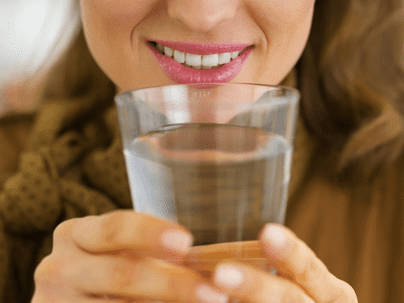Is there a benefit to having hard water? Should you install a water softener? Is the water safe to drink?
First, what is water hardness? According to the USGS Water Science School water hardness is the amount of dissolved calcium and magnesium in the water. Although hard water is not a health risk, it’s more of a nuisance because of mineral deposits left behind on fixtures.
Signs of hard water? If you have hard water you’ve see the signs; glasses are spotty out of the dishwasher, soap scum in the shower, and deposits on your shower head.
What’s most concerning to homeowners who have hard water? It’s what you can’t see that’s most concerning– when hard water is heated, as in your water heater, solid deposits of calcium carbonate can form. This scale formation causes damage.
Cons of hard water:
- You spend more time cleaning to remove the residue and build up
- Reduces the life span of your water heater and other water-using appliances
- Raises the cost of heating the water
- Lowers the efficiency of electric water heaters
- Clogs plumbing pipes
Pro— Here’s to your health! The National Research Council (National Academy of Sciences) states that drinking hard water contributes a small amount toward the total magnesium and calcium needed in our diets.
So there you have it— the pros and cons of hard water! Should you install a water softener? Before you install a water softener—have your water tested to determine the hardness level. That way you’ll know the classification of your hardness level and the right solution. Have questions –give the water treatment experts at M.E. Flow a call. Request a FREE in-home water analysis today! M.E. Flow provides service to all of Northern VA.
Learn more about the water in Fairfax County, Loudoun County and Winchester here.

